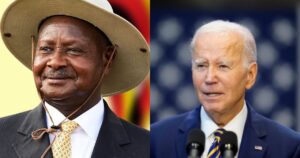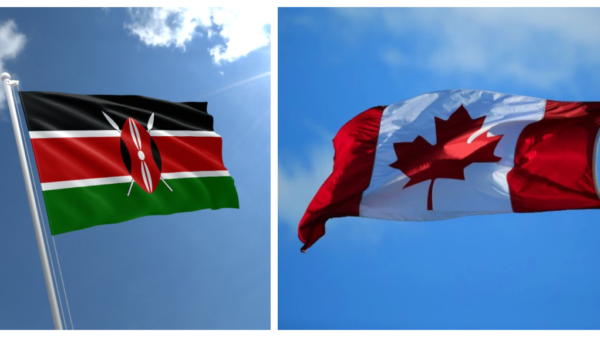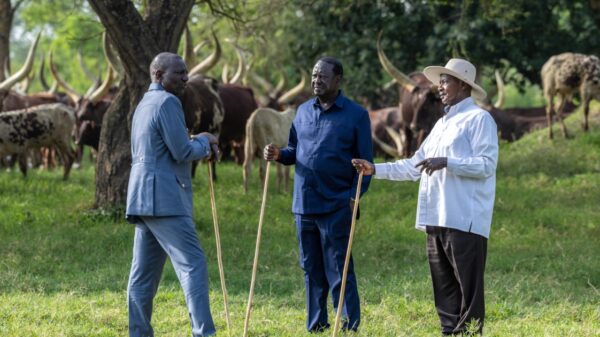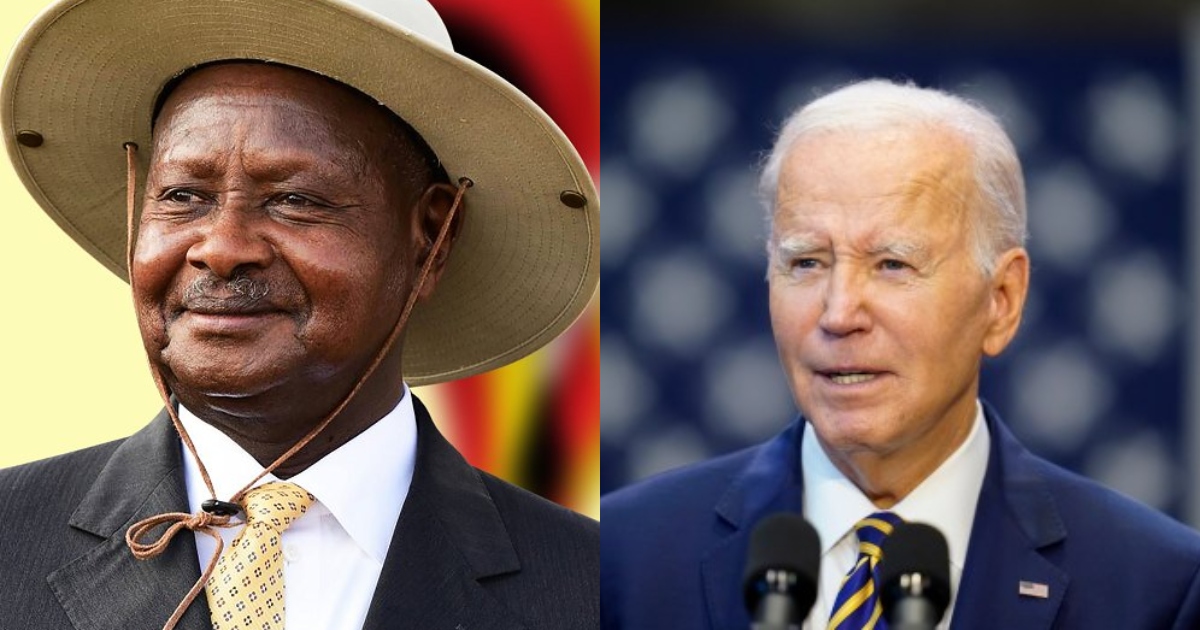- United States President Joe Biden has officially removed Uganda and three other African countries from the beneficiaries of the African Growth and Opportunity Act (Agoa)
- This move effectively terminates the duty-free export privileges for these countries citing that they do not meet the requirements necessarily for Agoa participation
- Experts warm that Uganda’s expulsion from the Agoa could have severe economic repercussions, potentially leading to job losses, a foreign exchange earnings drought
Follow us on Facebook and Twitter for more Entertainment and Exclusive stories

Uganda could be readmitted into the program if it demonstrates commitment to meet the set criteria, possibly including reconsideration of its anti-gay law. Mauritania, suspended in 2018, serves as an example, having recently been reinstated into the Agoa program
In a recent decree dated December 29, President Joe Biden officially removed Uganda, along with Central African Republic, Gabon, and Niger, from the beneficiaries of the African Growth and Opportunity Act (Agoa).
This move effectively terminates the duty-free export privileges for these countries, citing that they “do not meet the requirements” necessary for Agoa participation.
President Biden’s decision to exclude Uganda from Agoa stems from what he termed “gross violations of internationally recognized human rights.”
Specifically, this decision follows Uganda’s enactment of an anti-gay law, resulting in severe consequences such as life imprisonment or death for same-sex relations in the country.
Experts warn that Uganda’s expulsion from Agoa could have severe economic repercussions, potentially leading to job losses, a foreign exchange earnings drought, and a decline in the utilization of raw materials locally.
Uganda has been a significant beneficiary of Agoa, with over 80 percent of its exports under the program coming from the agricultural sector, which employs about 72 percent of the country’s workforce.
While Uganda’s trade with the US is substantial, it is comparatively smaller than its neighbors, Kenya and Tanzania. Nairobi’s exports under Agoa totaled $268 million, representing 47 percent of its total exports to the US, while Dar es Salaam exported $47 million worth of commodities under Agoa, about 40 percent of its total exports to Washington.
The Agoa trade agreement is set to expire in December 2025, but discussions about its extension are ongoing among American leaders.
Uganda could be readmitted into the program if it demonstrates commitment to meet the set criteria, possibly including reconsideration of its anti-gay law. Mauritania, suspended in 2018, serves as an example, having recently been reinstated into the Agoa program.
With its removal from Agoa, Uganda now joins South Sudan, Somalia, and Burundi in the list of countries unable to benefit from the preferential trade agreement with the US in the region.
Juba had been suspended in 2015 due to ethnic conflicts. Additionally, other sub-Saharan African countries, including Ethiopia, Guinea, Mali, Gabon, Cameroon, Burkina Faso, the Gambia, Central African Republic, Zimbabwe, and Sudan, have also been removed from the Agoa beneficiaries list.
Follow us on Facebook and Twitter for more Entertainment and Exclusive stories




























